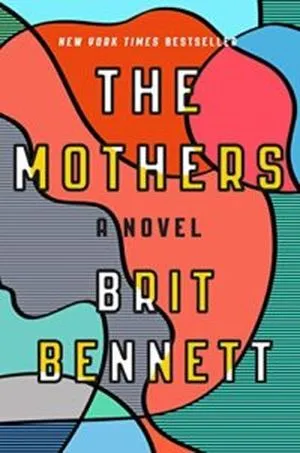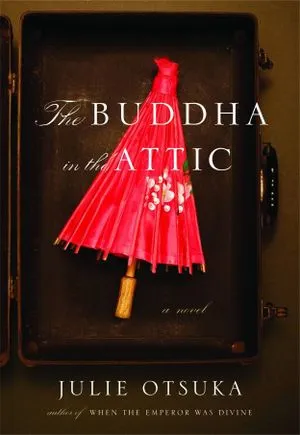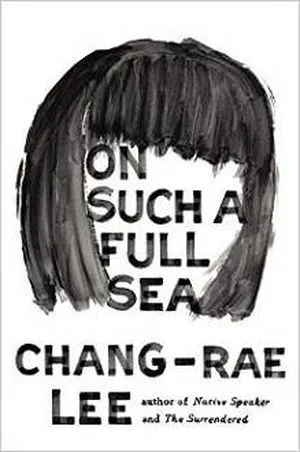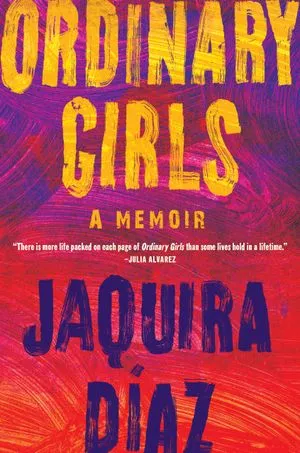
Books With a Greek Chorus
Possibly one of the most iconic Greek choruses is the one with the muses in Disney’s Hercules. Although they were never directly involved in the story itself, they were watching and commenting on everything that happened with some amazingly catchy tunes. With their many hit songs, Disney was actually tapping into an ancient Greek theatre tradition of using a chorós to comment on the dramatic action.
Using a collective voice with the pronoun “we,” a Greek chorus, which could be anything from 12 to 50 players, danced, sang, or spoke their lines as one. Although I’ve seen many a chorus while watching plays throughout my life, it was only within the last five years that I’ve began reading choruses in literature.
A good Greek chorus in literature really does take the omniscient narrator to the next level. It’s fascinating as a reader to see the story through the eyes of a collective. It’s something that we as humans do all the time when we gossip about the lives of others or partake in social commentary. In these situations, it does sometimes feel like the individual voice has been taken into the arms of a collective.
In literature, we’re almost always given the perspective through the lens of one narrator at a time, which means that pretty much every narrator has some factor of unreliability. But I have always wondered if Greek choruses, by nature of commenting as a collective are also unreliable. Do they have the benefit of multiple perspectives? Do they have the benefit of hindsight? Are they truly objective bystanders? Or are they operating under a herd mentality?
Either way, here are some great books that use Greek choruses to comment on the story.

The Mothers by Brit Bennett
The Greek Chorus: The Mothers
One of my favorite books on this list, The Mothers is an emotional tale set in a Black community in Southern California. The community is centered around its church, whose Mothers narrate the story of Nadia Turner. Young Nadia is reeling from the death of her mother and turns to the church pastor’s son for solace. The resulting pregnancy is quickly covered up, but some secrets refuse to fade away. Bennett’s prose is so beautiful and lyrical, and the ever-watching Mothers provide some insightful commentary on youth and love.

The Secrets We Kept by Lara Prescott
The Greek Chorus: The secretaries
I always have loved a good spy novel, especially one with a classic work of literature at its center. The Secrets We Kept follows two secretaries hired by the CIA to carry out an important mission at the height of the Cold War: smuggle Doctor Zhivago out of the USSR, publish it, and then sneak it back in. The two secretaries at the center of the story propel the narrative forward. The Greek chorus of secretaries intersperse their take on the story throughout the book. It’s a fascinating read on how women can have their individual, powerful voices while also being powerful in a group.

The Buddha in the Attic by Julie Otsuka
The Greek Chorus: Japanese brides
The Buddha in the Attic has eight sections and follows the story of picture brides, from exchanging photographs of their husbands to arriving in San Francisco from Japan. The narrative tracks their lives as they learn English, try to teach their children about their heritage, and find ways to thrive in a new country.

The Virgin Suicides by Jeffrey Eugenides
The Greek Chorus: The neighborhood boys
It’s hard to avoid The Virgin Suicides as a reader. Eugenides’s lyrical, tragic novel is told through the Greek Chorus of boys who lusted after (or were possibly in love with) the Lisbon sisters. Through the boys’ eyes, you’ll watch the sisters navigate their lives, which are restricted by their parents, and their tragic ends (as you may have guessed from the title). The male gaze has rightfully received a lot of attention in literary and popular criticism, and I think this book is the perfect example of the male gaze, with everything that’s right and wrong with it.

On Such a Full Sea by Chang-rae Lee
The Greek Chorus: Group of laborers
If you want your Greek chorus to use beautiful, lyrical language, then On Such a Full Sea is for you. The story takes place in a futuristic America that’s been declining and has a strict class hierarchy. The members of the labor class, who were brought over from China, work to provide fish to the elite. Fan is working here but leaves her home when the love of her life mysteriously disappears.

Two Boys Kissing by David Levithan
The Greek Chorus: The generation of gay men lost to AIDS
This story is based on true events and follows two teenaged boys, Harry and Craig, who are participating in in a 32-hour kissing marathon to set a new world record. While the two are kissing, other boys begin contending with their own relationships and sexualities. All the while, the Greek chorus comments and watches.

Then We Came to the End by Joshua Ferris
The Greek Chorus: The staff collective
This darkly hilarious book tells the story of the quirky employees of a failing ad agency. While trying to play the game of “who will be fired next,” the employees prank each other, have affairs, and spread gossip. Set amid the backdrop of the dot-com bubble burst and right before the Great Recession, this story captures what people felt before the turn of the century.

We the Animals by Justin Torres
The Greek Chorus: The brothers
We the Animals is the story of three brothers blitzing their way through childhood with pranks and mischief. Their family is full of love, which brings them together and causes its fair share of tensions. The language is truly magical and encompasses what it feels like to come of age and figure out where you belong in the world.

Ordinary Girls by Jaquira Díaz
The Greek Chorus: Girls from marginalized communities
The only nonfiction in this list, the collective voice of the Greek chorus actually bookends the story at the beginning and at the end. Díaz grew up in housing projects in her native Puerto Rico and Miami Beach, where she found herself caught between relationships. Whether is was her mother’s schizophrenia or the love of her friends. The story grapples with a young girl’s coming of age as well as larger themes of sexual assault and colonialism.
I personally love reading books with different narrators because it encourages me to view a story through a new lens. For more interesting narrators, check out some books with third person omniscient narrators and unreliable narrators.





